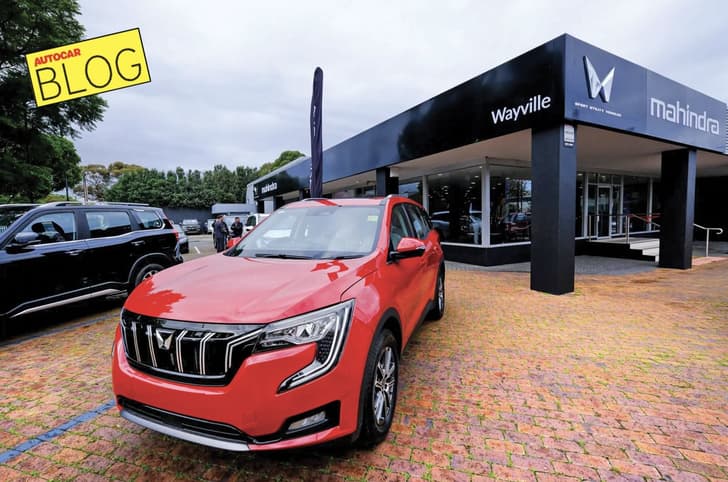In my previous job, I had the good fortune of working with product teams, and it’s amazing peeking inside the pricing process. Beyond the complexities of royalties, material costs, taxes, and myriad other factors, there’s another element: the price a customer is willing to pay, and that’s not always read right. That’s because the product team tends to put on what I call price blinders. It’s when planners focus too much on a particular price point at the expense of a product’s value.
I’ve watched planners sit with Excel sheets, deleting and bringing back features, all the while with one eye on the total price at the bottom and another on the target price cell, often arrived at with inputs from a customer clinic.
Clarkson once wrote in a column that a clinic is the biggest mistake auto companies make. He then proceeded to ask a few questions – clinic style – about how you’d like to listen to your music. Would you sit comfortably in a recliner or stand in a muddy field? Would you prefer to listen alone, or with a few friends, or be okay with random strangers, and so on. He concluded that the highly emotional experience of a live concert would have no takers, as deduced from the expected responses to the questions above.
And that’s the thing with clinics: they often miss the emotional aspects. My previous boss used to say buying a car is all about finding rational reasons to justify emotional desires. There’s also an art to framing questions for a clinic, and agencies at times trip over this.
Citroën launched the C3 with a laser focus on a specific low-target price, to the point where it burned away basics and absolutely must-have features like a folding key. Sure, it hit a lower price point than competitors, starting at Rs 5.71 lakh for the base trim, but would it not have sold more if it were even a lakh more expensive but with a decent features list? The Nissan X-trail, too, skipped powered seats at a Rs 50 lakh asking price. Sure, it’s a CBU, but would adding the cost of those seats really have made a difference? If it wouldn’t, then why not add them and have one less purchase barrier.
When the project was in the planning stage, Jeep India opted out of the Avenger programme stating it would be too expensive for India. But when the Kia Sonet arrived, loaded to the gills, I asked if they saw the high prices people were happily paying for a small sub-4-metre SUV. I can tell you they acquiesced. I asked again when the XUV700 arrived and Mahindra proceeded to sell out its high-priced top-end models.
Kia and Mahindra got it right because they didn’t have price blinders on, but had value. And more importantly, they had emotion as the centre of their focus. They didn’t just load their cars with the basics, but threw in many desirable features, too. As is now often said, Indian consumers may be price sensitive but they are not budget constrained, and product planners who have this clear will hit the sales jackpot.


























